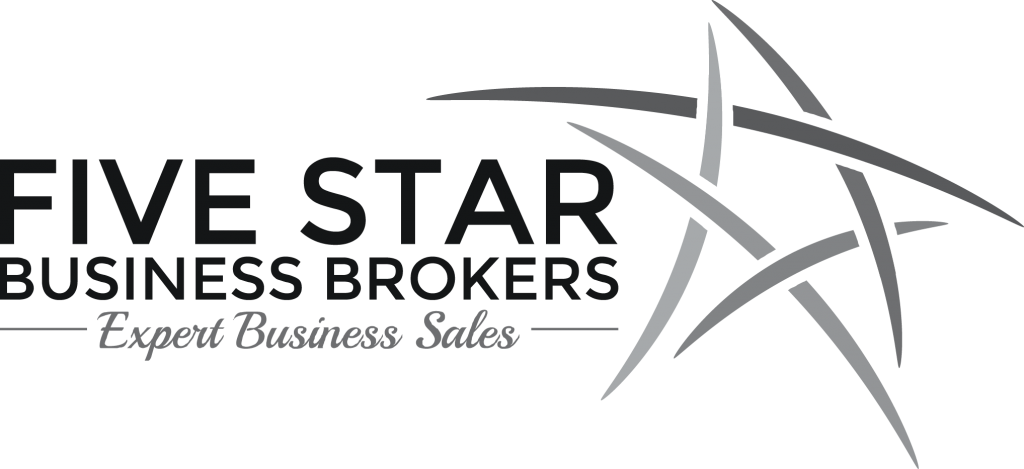What Is A Turnkey Business?
A turnkey business describes a business that is ready to use in its existing condition by a buyer immediately upon transfer. Importantly, the business must be functioning correctly and at full capacity when received by the buyer in order to truly be considered a turnkey business. Start-up businesses may qualify as turnkey businesses so long as trained staff and management is in place and transferable to the buyer.
Turnkey Business Must Have Transferable Management and Staff
Many business sellers who play active roles in running their business mistakenly think that they are selling a turnkey business`. If the buyer receives a business without management and trained staff in place, however, then it is not functioning correctly and thus not a turnkey business. A business buyer who receives a ‘turn key’ business before beginning operations must mean that trained management and staff are in place running the business. If the seller is a significant part of the management or staff, then the business is not ‘turn-key.’
De-Emphasize Owner’s Role
The best way to make a business into a truly turnkey business prior to its sale is by de-emphasizing the owner’s role and responsibilities. The higher the degree to which the seller is absentee, then the easier it will be for the buyer to operate the business. Specifically, the owner should de-emphasize and possibly eliminate their direct dealings with customers, suppliers, and employees. The owner should also pass along any marketing responsibilities to subordinates. If the buyer believes that customers will be lost without the seller’s active participation in the business, then the seller should formulate a proper transition plan in order to eliminate this possibility as much as possible.
Turnkey Businesses Have Transferable Intangible Assets
In order for a business to be considered turnkey, the entirety of the goodwill or intangible assets of a business must be transferable to the buyer. These transferable intangible assets include the trade name of the business, customer relationships, vendor relationships, employee relationships, intellectual property rights, social media presence, and other non-physical assets which enable the business to properly function and operate at full capacity. If certain vendor relationships are not transferable, for example, then the business can not be considered fully turnkey.
Convert Business to Turnkey Prior to Sale
- One of the best ways that a business owner may prepare for the sale of their business is by converting their business to a turnkey business.
- As discussed, de-emphasizing the seller’s role and responsibility in the business is a great first step.
- An intact management team and fully trained staff that is transferable to the buyer will go a long way toward making a business turnkey.
- Other steps include ensuring that all company contracts are transferable, ensuring the company’s lease is transferable, and setting up a comprehensive guide of company policies and procedures for all staff to follow.
- Additionally, if the owner’s spouse or other family members work in the business, then measures should also be taken (if possible) to plan for their replacement.
- Otherwise, the buyer will be left without key staff members in the event that such family members leave after the sale.
- In short, converting a business to a turnkey business involves taking steps to ensure that the business truly functions correctly and at full capacity after the sale.
Turnkey Businesses Have Higher Valuations
The higher degree to which a business is owner-absentee, then the higher the valuation a business will have. If the seller and the seller’s family members do not play an active role in the operation of a business, then the buyer will not need to work in the business or incur costs to possibly replace the seller (or their family members). The possible absorption replacement costs by the buyer reduces the net profits or adjusted owner benefit that the buyer may expect to receive from from the business. Conversely, the adjusted owner benefit for a buyer of a ‘turn-key’ business is more secure without the risk and cost of replacing the seller, and hence given a higher valuation.
Example of Valuing Turnkey Business
- Let us suppose that Larry is selling his home healthcare agency.
- Let us also suppose that Jim is selling his home healthcare agency.
- Each business generates $300K of adjusted owner benefit and has the the same general level of overall revenue, margins, and capital needs.
- Larry runs his home healthcare agency as an absentee owner.
- He has set up a trained management team with the systems and procedures in place so that the business is truly ‘turn-key’.
- On the other hand, Jim is a very active owner-operator and functions as the day to day manager of the business.
- All staff members report to Jim and Jim directly handles all the marketing and interactions with referral sources.
- Jim’s business is thus not a turnkey business because it will not function correctly or operate at full capacity after the sale (without Jim).
- Generally speaking, Larry’s home healthcare agency will receive a much higher valuation than Jim’s home healthcare agency.
- Larry may receive around 4-5x his owner benefit of $300K (or $1.2M-$1.5M).
- Jim will receive far less since a buyer will need to deduct Jim’s replacement cost (and factor in the risk of losing referral sources without Jim) when deriving their expected owner benefit.
- This lower expected owner benefit (with higher risks of losing referral sources in Jim’s absence) will serve as the baseline for the buyer’s valuation for Jim’s home healthcare agency.
The extent to which a business may be characterized as a turnkey business is of major importance to the ultimate valuation and purchase price of the business.
